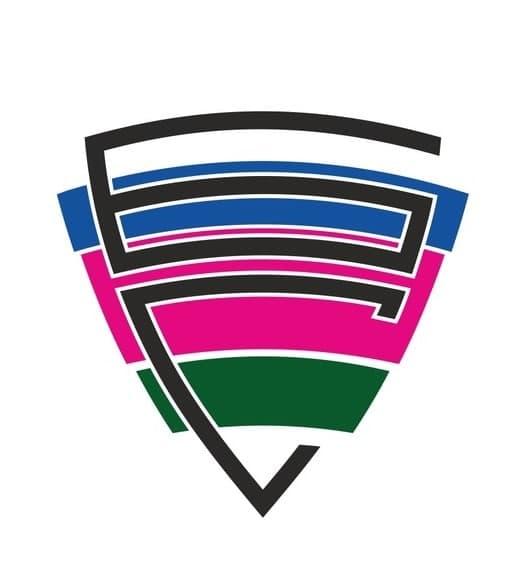Should you try a gradual cutting regimen you are able to in fact benefit somewhat from training harder than normal, though you'll also have to cut much more food than you would during an ambitious cutting period. In terms of a gain during cutting, it depends on what cycle you decide to go for. When cutting slow it is important to maintain basically stable pace (eg one lb per week over the course of a month) if not you will mainly gain body fat and lose lean mass.
If you stick to these 2 guidelines, you then must remain in business whether you decide to work with anabolic steroids or maybe not. You won't need steroids, unless your training routine definitely requires a knock. For cutting cycles, eat carbs all day and also exercise with heavy weights only. And your gains are going to be greater compared to anything else you could ever use because you are just working on creating more muscle and less weight.
For bulking cycles, add carbs back in and train hard as quick as you are able to. I am not saying that it is good also. For starters, allow me to be obvious I'm NOT thinking that this specific combination is bad. The outcome was it didn't help me. I'm only providing the experience of mine with the final results and this combination that it provided me. If you aim for an aggressive cutting program, like 5-6lbs a week more than 4 5 days, than obviously you don't need to feel concerned about training hard and you'll want to monitor your calorie intake.
A really quickly cut can easily beneficial, however. In the late 1880s, Thomas Edison invented the very first dynamometer, which is generally used to measure an individual's strength in the form of pressure. Later, in 1905, a man called Charles P. Thompson from Boston, Massachusetts, patented a device which often calculated people's strength degree in a fairly easy method. At the moment, individuals did not recognize the effect these devices had on individuals' fitness levels, indicating that they did not go back to find out what kind of growth they'd made.
As for the second issue, I think that bodybuilders are primarily athletes, meaning that the aim of the training of theirs has to be fitness, while competitions focus on variety and technique. They would think about people who are generally considering lifting weights without focusing on functionality for themselves or maybe others as well as individuals who'd the same as looking attractive by sculpting their bodies as artists.
To them, I recommend to read several books on history, since the birth of the bodybuilding motion is fairly complex and sarms tier list also calls for several people from the start of the twentieth century set up until the 1950s. But, I can understand the reason why people like to classify bodybuilders into a separate class.
You Can Stay Awake All Day And Not Think Of These best sarms for muscle growth Tips
Posted 2023-12-11 23:16:57
0
1601
Record
Recording 00:00
Commenting has been turned off for this post.
Categories
- Art
- Causes
- Crafts
- Dance
- Drinks
- Film
- Fitness
- Food
- Games
- Gardening
- Health
- Home
- Literature
- Music
- Networking
- Other
- Party
- Religion
- Shopping
- Sports
- Theater
- Wellness
Read More
Kann der Kauf von YouTube-Views die Sichtbarkeit meines Videos erhöhen?
Eine große Zahl nutzt WhatsApp, um Zahlungen zu senden und zu empfangen, Links zu teilen...
Must Read Before Making Any Move About poker online
Stud: Stud poker is usually known as Draw Poker because players draw cards from a deck of cards...
Ever wondered what is up with Venapro?
Some people call hemorrhoids pouches of blood- other people call them heaps. The medical term for...
Ist es sicher, Instagram Likes zu kaufen?
Und er antwortete: Natürlich ist es sicher. Aber das Problem ist, dass man sich nicht immer...
May I gamble online outside UK?
In order to make sure that the ball player does not get caught out, some online casinos offer...
